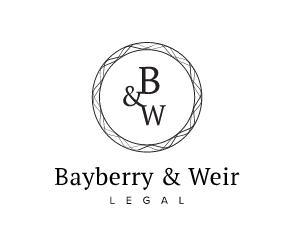Our Client
Our client was an experienced business consultant who had been consulting with a financial planning firm for more than 7 years. It had been agreed that she was going to become a shareholder and equity partner.
The Challenge
The financial planning firm incurred an unforeseen tax liability before our client’s equity partnership transpired. Our client drew down on her mortgage and loaned $200,000 to the firm’s principal, with no written loan agreement, so the firm could remain solvent. There was an understanding between our client and the firm that the value of loan owed to her would be converted to our client’s future shareholding equity.
Despite our client’s attempts to move the matter forward, a loan agreement initiated by the firm’s lawyers did not progress. Our client’s equity partnership in the firm did not materialise, and aside from payments for interest accrued on our client’s mortgage, no money was repaid.
More than two years after the loan payment, our client abandoned hope of her equity partnership ever transpiring and gave the firm an ultimatum: repay the loan in full or she would be forced to seek legal counsel. The firm agreed the money would be repaid either in full or part payments, yet five months later no repayments had been made. Our client again requested full repayment.
The financial planning firm began shutting down in the following months. Our client was told her money would be repaid using proceeds of the shut-down and she received $19,000 from the firm as a lump sum payment and gesture of goodwill. The firm told our client that the remaining money would be repaid within the following month, yet no further repayments were received. More than three years after the initial loan, our client was still owed $181,000. Our client’s attempts at recovering the money were met with dishonesty or stonewalling – the firm even convinced her that without a written loan agreement she would find it very difficult to recover the money she was owed.
The Solution
We engaged counsel and commenced legal proceedings in the Supreme Court against the firm, and against their principal in his capacity as director. The firm was still registered even though it was no longer operating (If the firm had been deregistered, we would have needed to make an initial application to the Court to have it reregistered to proceed with the matter).
The Win
We managed to progress the case to mediation rather than trial (trial is more costly for our client in legal fees). We negotiated a final further repayment of $190,000 to our client within three months.
The Lessons
- Always seek legal advice before you enter any formal or informal agreements.
- Prepare written agreements, even when you have a good relationship with the other party in an agreement.
- If things go wrong, get help from your lawyers sooner rather than later.

